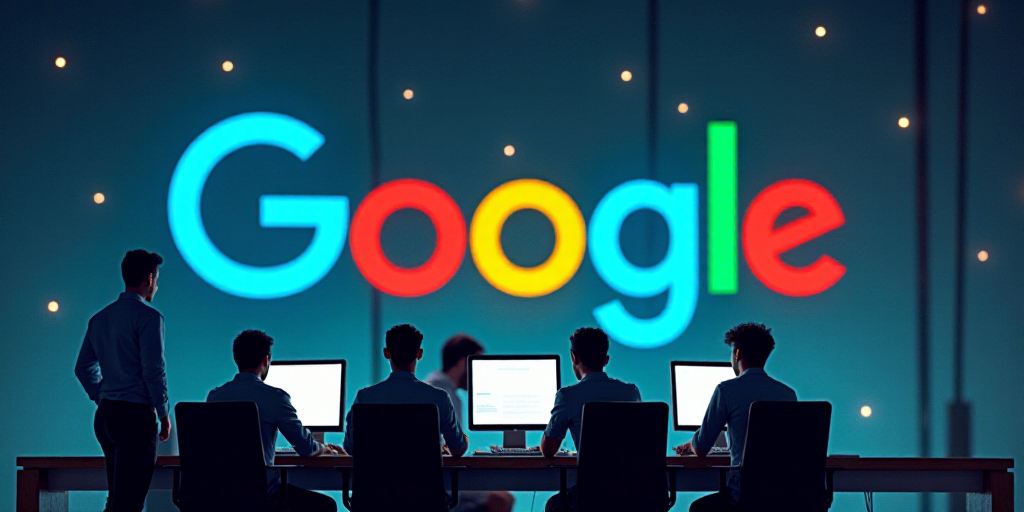Background on Google and its Relevance
Google, a subsidiary of Alphabet Inc., is currently facing a historic antitrust trial in which U.S. regulatory authorities aim to compel the tech giant to sell its Chrome browser as part of an attempt to restore competition in the online search engine market.
The Stakes of the Trial
The trial’s outcome could fundamentally reshape the internet by dethroning Google as the go-to portal for online information. The U.S. Department of Justice (DOJ) seeks to prevent Google’s dominance from extending to artificial intelligence.
DOJ’s Case
During his opening statement, DOJ attorney David Dahlquist emphasized that the case, initiated under the Trump administration and continued under Biden, has “the full support of the DOJ, both past and present.”
Google’s Response
Google plans to appeal the final ruling in the case. Lee-Anne Mulholland, a Google executive, stated in a blog post on Sunday that the DOJ’s proposed remedies “disregard the Supreme Court’s guidance on exercising caution in antitrust matters.”
Abigail Slater, the Assistant Attorney General, dismissed this viewpoint in statements made outside the courtroom on Monday morning.
“What’s irresponsible is not addressing Google’s monopolistic abuse,” Slater asserted.
Judge and Trial Duration
District Court Judge Amit Mehta is overseeing the trial, which is expected to last for three weeks.
Proposed Remedies by DOJ and State Attorneys General
The U.S. Department of Justice and a coalition of 38 state attorneys general have proposed sweeping measures designed to quickly open the search engine market and give new competitors an advantage.
- Ending exclusive agreements where Google pays Apple and other device providers billions of dollars annually to be the default search engine on tablets and smartphones.
- Requiring Google to license search results to its competitors, among other conditions.
- Forcing Google to sell its mobile operating system, Android, if alternative solutions fail to restore competition.
The prosecutors anticipate testimonies on how Google’s default search engine agreements have hindered AI companies’ distribution efforts. Witnesses from Perplexity AI and OpenAI are expected to testify.
Google considers the proposals excessive and argues that the court should limit terms of its default agreements instead.
Key Questions and Answers
- What is the main issue in this trial? The central concern is Google’s dominance in online search engines and its alleged anti-competitive practices, such as exclusive agreements with device manufacturers.
- What are the proposed remedies? The DOJ and state attorneys general suggest ending exclusive search engine agreements, licensing search results to competitors, and potentially selling Android if competition isn’t restored.
- How does Google respond to these proposals? Google argues that the proposed remedies are overly restrictive and urges the court to exercise caution in implementing changes to default agreements.






